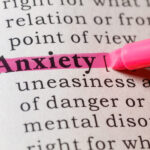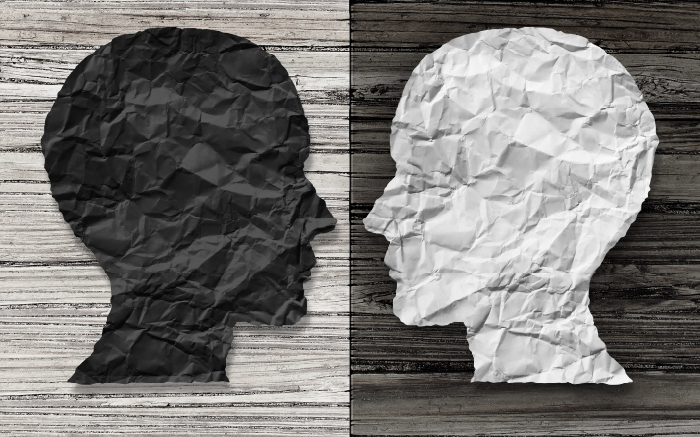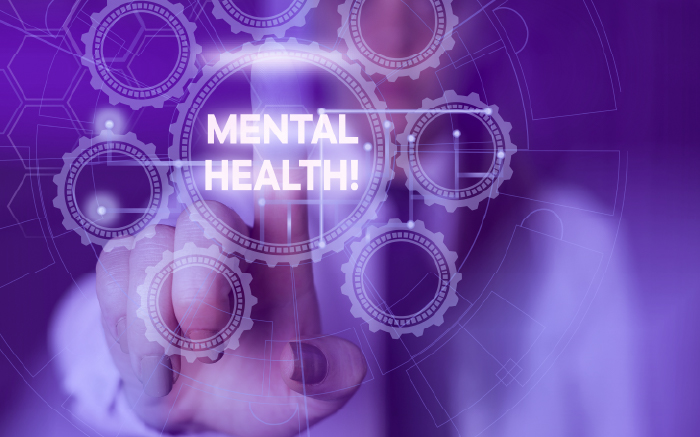In the complexities of modern life, anxiety is a common companion for many. While some level of anxiety is a natural and even healthy response to stress, it can become overwhelming and debilitating when it escalates beyond our control. The first step in managing anxiety effectively is understanding its triggers. This article delves into the nature of anxiety triggers, offering insights into identifying them and providing strategies for coping and reducing their impact on our lives.
Understanding Anxiety Triggers
Anxiety triggers are specific situations, environments, thoughts, or feelings that can provoke an anxiety response. These triggers can vary widely from person to person, reflecting the unique experiences, sensitivities, and vulnerabilities of each individual.
Common Types of Anxiety Triggers
- Stressful Life Events: Major life changes such as moving, job loss, or the death of a loved one.
- Health Concerns: Illnesses or fear of illnesses can become significant sources of anxiety.
- Social Situations: Social interactions, public speaking, or feeling judged can trigger social anxiety.
- Traumatic Experiences: Past traumas, including accidents or abuse, can lead to post-traumatic stress disorder (PTSD).
- Environmental Factors: Crowded spaces, loud noises, or even certain weather conditions.
- Personal Relationships: Conflicts, breakups, or pressure from relationships.
- Work or Academic Pressure: Deadlines, exams, or workplace conflicts.
- Financial Concerns: Worries about money, debt, or job security.
Identifying Your Triggers
Recognizing personal anxiety triggers is the first step toward managing them. This requires mindful observation of your reactions to various situations and a willingness to explore the underlying causes of your anxiety.
Strategies for Identifying Triggers
- Keep a Journal: Document your anxiety episodes, noting what happened before, during, and after the anxiety spike.
- Look for Patterns: Over time, review your journal entries to identify recurring themes or situations.
- Mindfulness and Reflection: Practice mindfulness to become more aware of your emotional responses and the thoughts or events that precede them.
- Seek Professional Help: A therapist can help you uncover and understand your anxiety triggers through various therapeutic techniques.
Coping with Anxiety Triggers
Once you’ve identified your triggers, the next step is developing strategies to cope with them. While avoiding triggers may provide short-term relief, it’s not always practical or beneficial in the long run. Learning to face and manage these triggers is important for long-term anxiety management.
Strategies for Coping with Triggers
- Cognitive Behavioral Therapy (CBT): CBT can help you challenge and change the negative thought patterns that trigger often.
- Stress Management Techniques: Regular practice of stress reduction techniques such as deep breathing, meditation, or yoga can help mitigate the immediate effects of anxiety triggers.
- Exposure Therapy: Gradually and safely exposing yourself to your triggers can reduce their impact over time.
- Build a Support System: Share your experiences with trusted friends or family members or join a support group for people with anxiety.
- Lifestyle Changes: Regular exercise, a healthy diet, adequate sleep, and reducing caffeine and sugar intake can improve overall mental health and resilience against triggers.
- Professional Help: Speaking to a qualified psychiatrist who can understand what’s going on and help you better manage your symptoms, offering a tailored approach, is vital.
When to Seek Professional Help
While self-help strategies can be effective for managing anxiety triggers, professional help may be necessary if your anxiety is severe, persistent, or significantly impacts your daily life. Mental health professionals can offer personalized guidance and treatment options, including therapy, medication, or a combination of both.
Understanding and managing anxiety triggers is a vital component of mental health care. By identifying your unique triggers and employing effective coping strategies, you can reduce the power they have over your life and move toward a state of greater calm and control. Remember, seeking help is a sign of strength, and you don’t have to navigate the journey alone. With the right tools and support, it’s possible to live a fulfilling life, even in the presence of anxiety.






